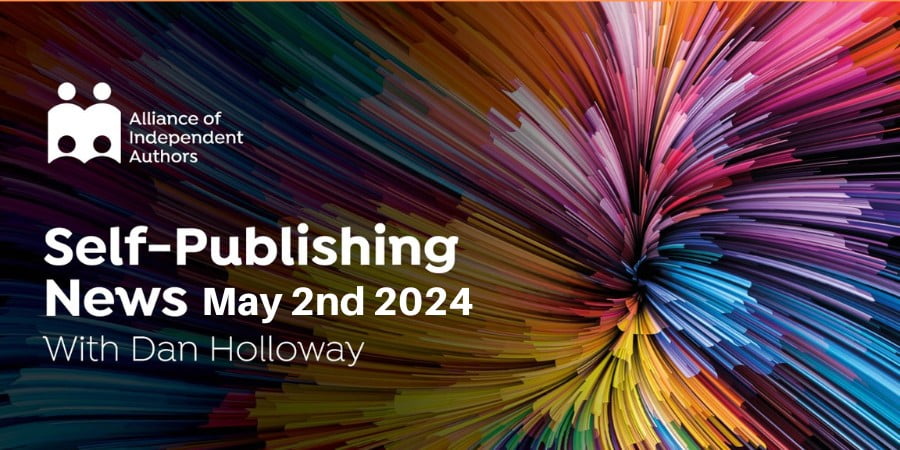
ALLi News Editor, Dan Holloway
This feels like a week of legal and related stories. The big news, which I reported on earlier, is, of course, the move closer to a TikTok ban in the United States. But a few other stories caught my attention. First up is the Federal Trade Commission (FTC) voting to ban noncompete agreements.
A noncompete refers to the kind of agreement you might sign such that after you have finished your dealings with one company, you agree not to work on something really similar for another company—for a certain length of time or, indeed, ever. This might apply if you work for a specialist clothing store in a town, for example. You might sign an agreement not to use the contacts you’ve made to set up shop next door to it once you’ve left. More controversially, we hear about such agreements in tech companies.
And such clauses have been common in agreements that writers sign. The Authors' Guild has, unsurprisingly, welcomed the move. A survey of theirs found that a fifth of authors had been prevented from writing a book they wanted to, and two-fifths were prevented from shopping a book around as they would have liked as a result of noncompete clauses.
It is interesting reading both Passive Guy’s take on this (as a lawyer who advised writers before retiring) and the tech industry. There seems to be widespread agreement that noncompete agreements were pretty much invalid anyway. Though not having to use energy to prove that would clearly be a benefit.
Next up is the European Union's exemption of the publishing industry from its new rules on late payments. The rules require that business-to-business payments must be made within thirty days of the initiation of the transaction. Publishers argued that this would make it impossible to carry on given the way the industry works. Too many transactions are based on timeframes that couldn’t be squeezed into a schedule that treated thirty days as a late payment marker, such as the sale of books to stores on consignment. The EU has agreed and exempted publishing from the new legal requirements. The publishing industry is, of course, delighted. I am not 100 percent convinced it’s a delight that writers would share. While this covers business-to-business dealings, for the purposes of the law, many authors might be considered businesses. This might have been an opportunity for the industry to look again at the delays between sale and royalty payment, for example. More on this at Publishing Perspectives.
Finally, after a look at new regulation, a story about long overdue regulation. Protests continue in Canada around the absence of clear copyright legislation on fair dealing. Copibec and Access Copyright have called for an end to uncertainty that they claim has cost millions of dollars in revenue as a result of an “increasingly permissive interpretation of fair dealing.”
Find out more:




